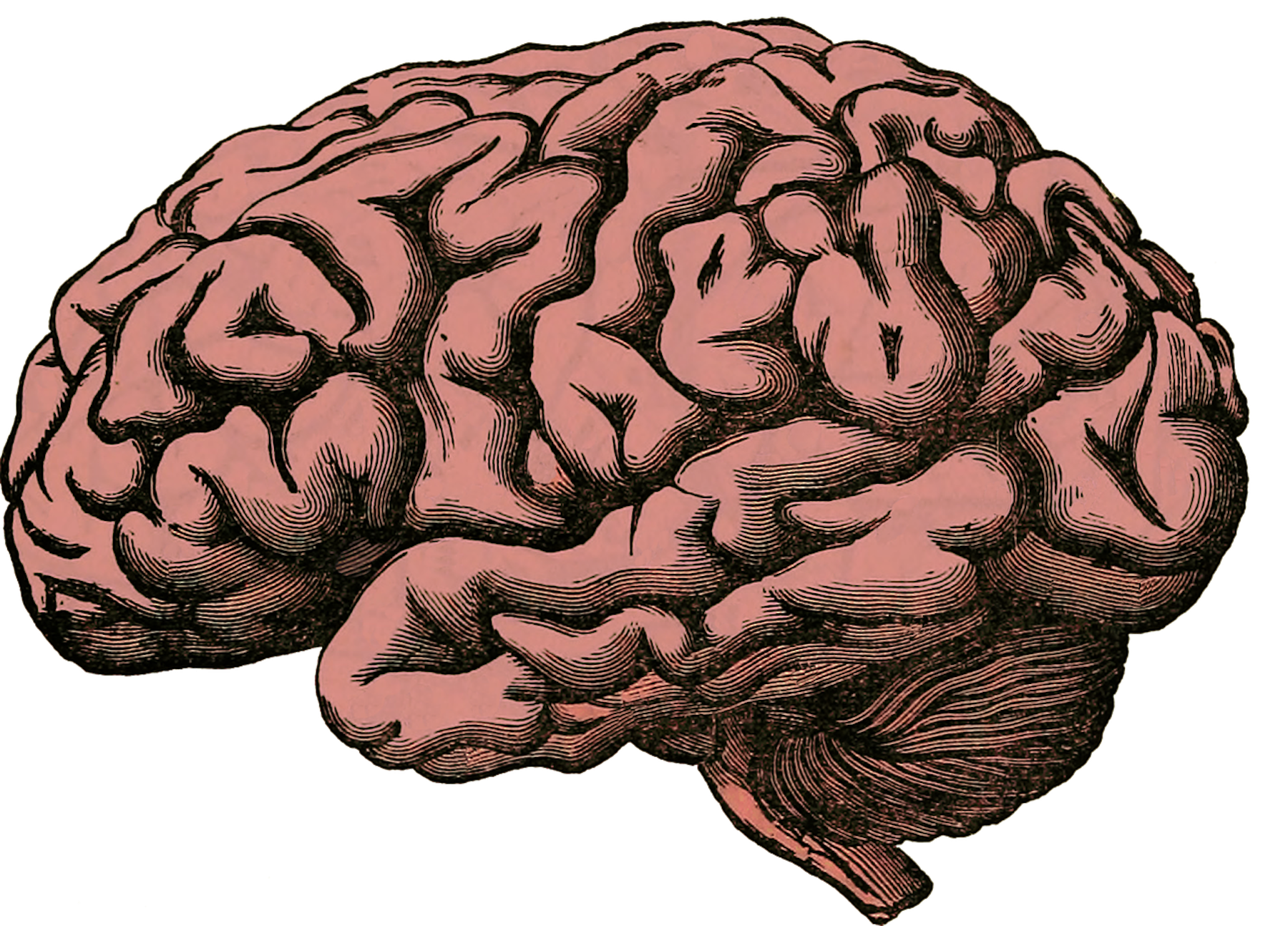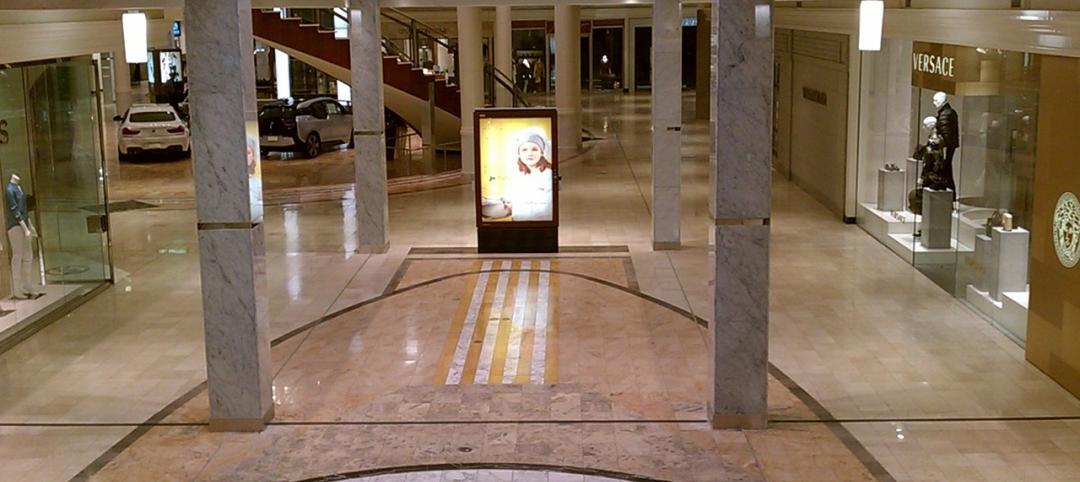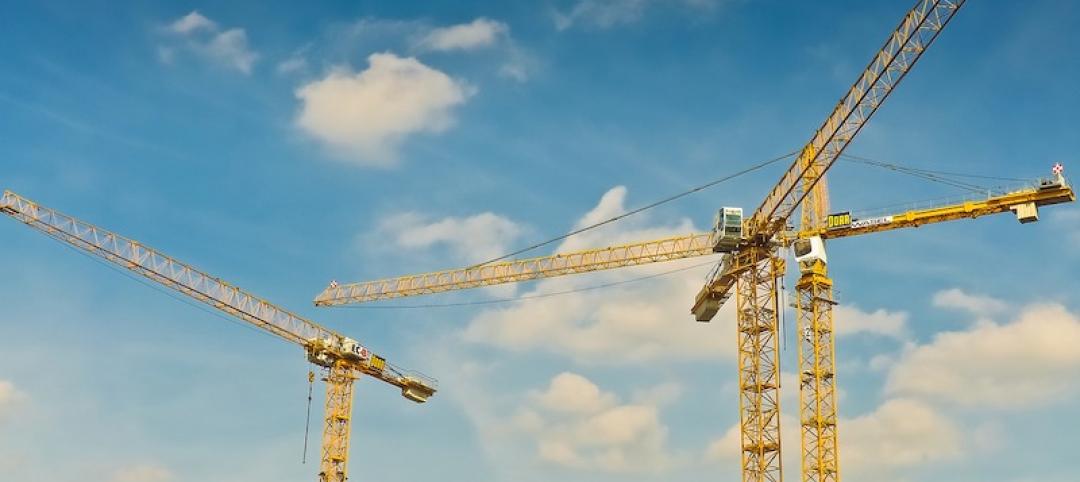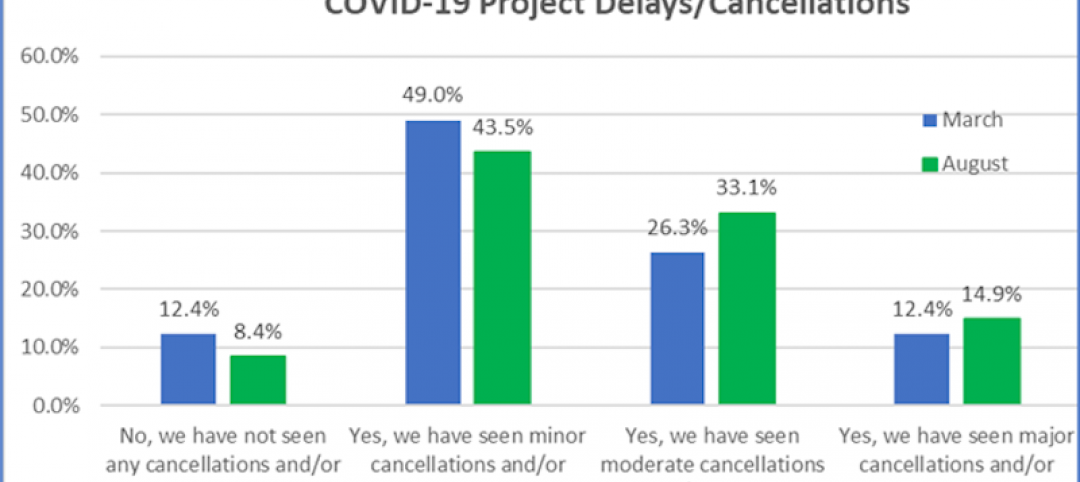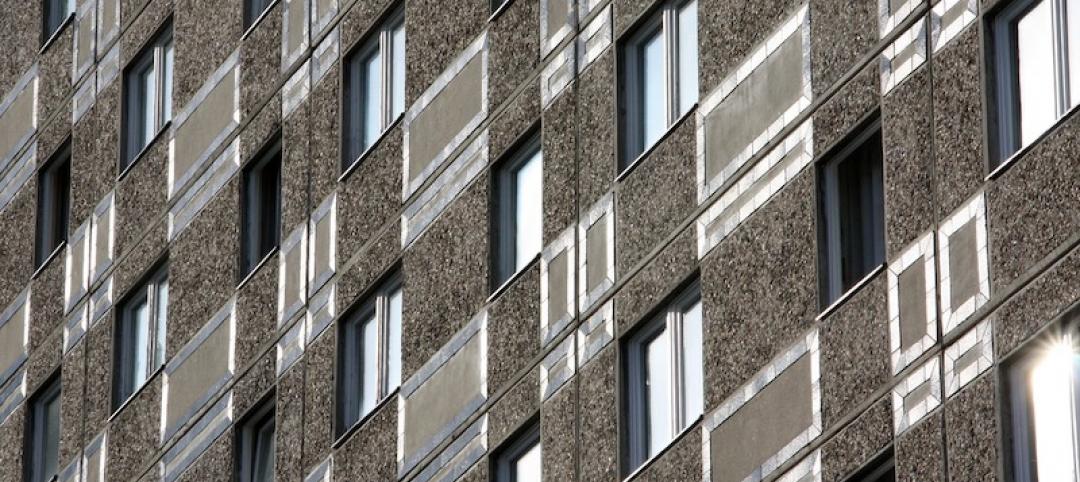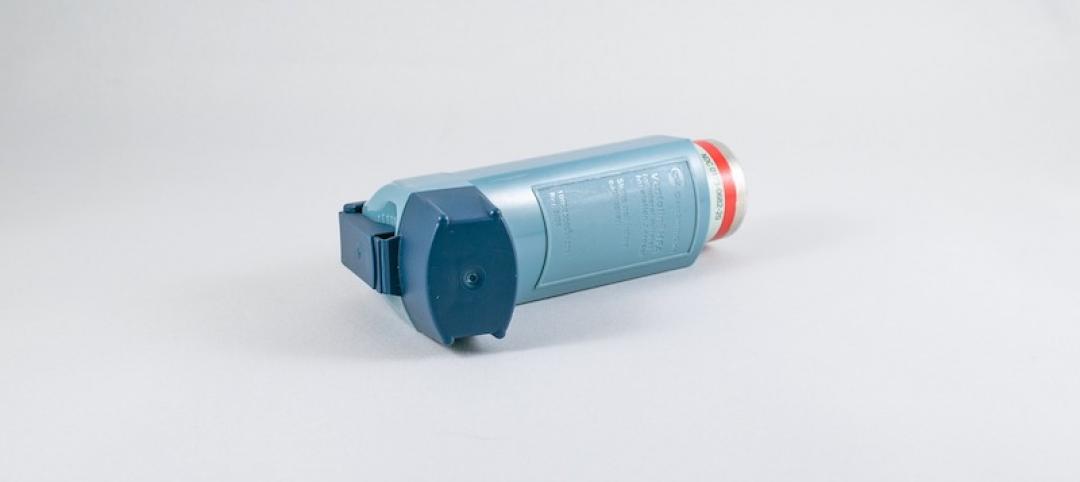HKS and The University of Texas at Dallas’ Center for BrainHealth are conducting a six-month study to improve the way the firm’s employees work, collaborate, and innovate, both individually and as an organization, according to a news release.
The ongoing COVID pandemic has contributed to high levels of worker burnout, even though efficiency and productivity in many industries remain high in this era of hybrid work, the release notes. The study will assess this and other factors.
“The data compiled will be confidential and used to inform our own flexible workplace policies and how we design the built environment for peak brain performance,” HKS says. Nearly 200 HKS employees are involved in the Center for BrainHealth’s BrainHealthy Workplace program, which offers online training, think tanks, and daily brain exercises over a six-month span to optimize brain health.
Dr. Upali Nanda, HKS global director of research, said the partnership with the Center for BrainHealth could be a critical tool in mapping the firm’s future, with worker wellness at the forefront. “It is particularly timely right now when we are in this era of experimentation around the workplace and are battling high levels of burnout,” Nanda said. “Understanding the tenets of brain health allows us to reframe the role of the workplace, leverage the potential of flex work experience, and focus on peak performance of our people and their ability to think, create, and innovate.”
Related Stories
Adaptive Reuse | Oct 26, 2020
Mall property redevelopments could result in dramatic property value drops
Retail conversions to fulfillment centers, apartments, schools, or medical offices could cut values 60% to 90%.
Codes and Standards | Oct 26, 2020
New seismic provisions for the National Earthquake Hazards Reduction Program released
The provisions present a set of recommended improvements to the ASCE/SEI 7-16 Standard.
Codes and Standards | Oct 22, 2020
More than 130 building projects have engaged LEED’s Safety First Credits in response to COVID-19
Best practices helping companies develop and measure healthy, sustainable, and resilient reopening efforts.
Codes and Standards | Oct 21, 2020
New technologies and techniques can ‘future-proof’ buildings
Net-zero principles may give buildings longer lives.
Codes and Standards | Oct 20, 2020
Updated AIA Contractor’s Qualification Statement and Warranty Bond documents available
Statement now includes safety protocols and plans, sustainability, and BIM experience.
Codes and Standards | Oct 19, 2020
NEXT Coalition chooses five pilot projects to fight COVID-19 on jobsites
Mobile platforms, wearable sensors, AI video systems among the trial solutions.
Codes and Standards | Oct 15, 2020
Neighborhoods Now offers cost-effective, DIY designs in response to COVID-19 pandemic
Designs include barriers for outdoor dining, sidewalk retail displays, and modular seating for public spaces.
Codes and Standards | Oct 14, 2020
Standard contract document for prefab and modular building released
ConsensusDocs addresses the most common prefabricated construction use-case scenario.
Codes and Standards | Oct 13, 2020
Austin is first major Texas city to adopt wildfire code
New ordinance based on the International Wildland-Urban Interface Code.
Codes and Standards | Oct 12, 2020
Guidance offered for K-12 schools to support students with asthma
Green purchasing policies for cleaning, filters, furniture and other products encouraged.


